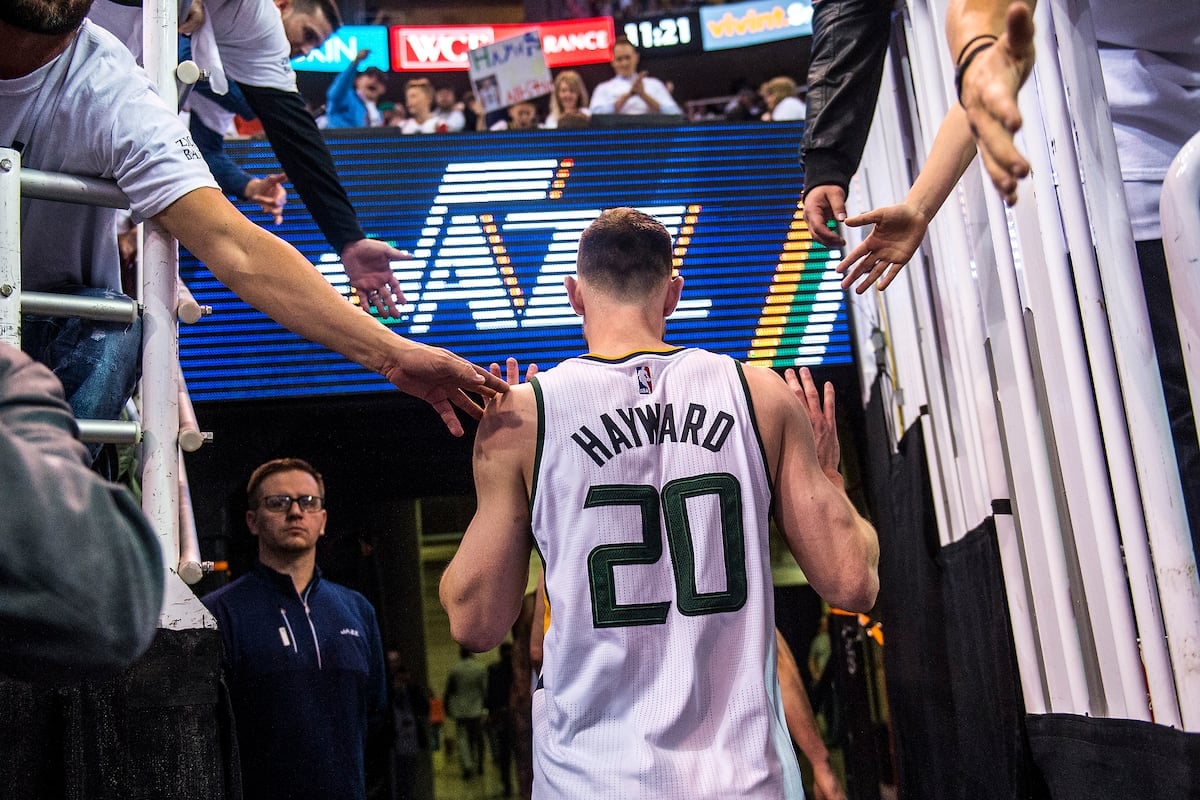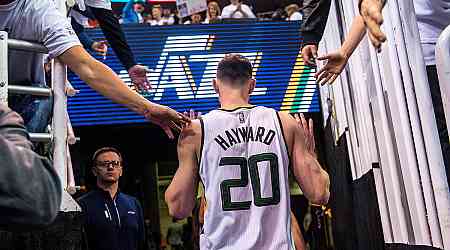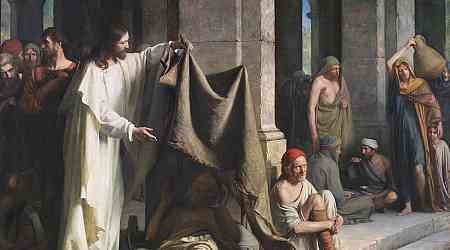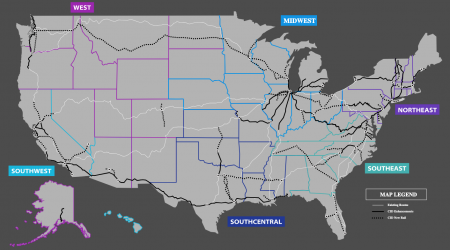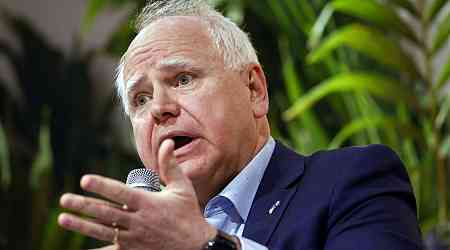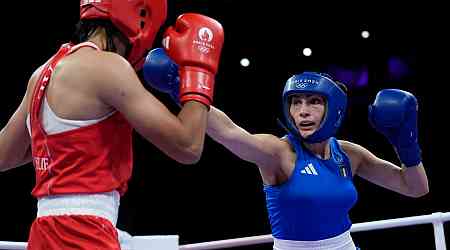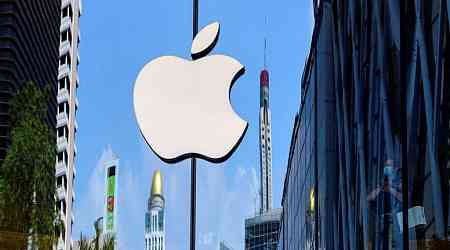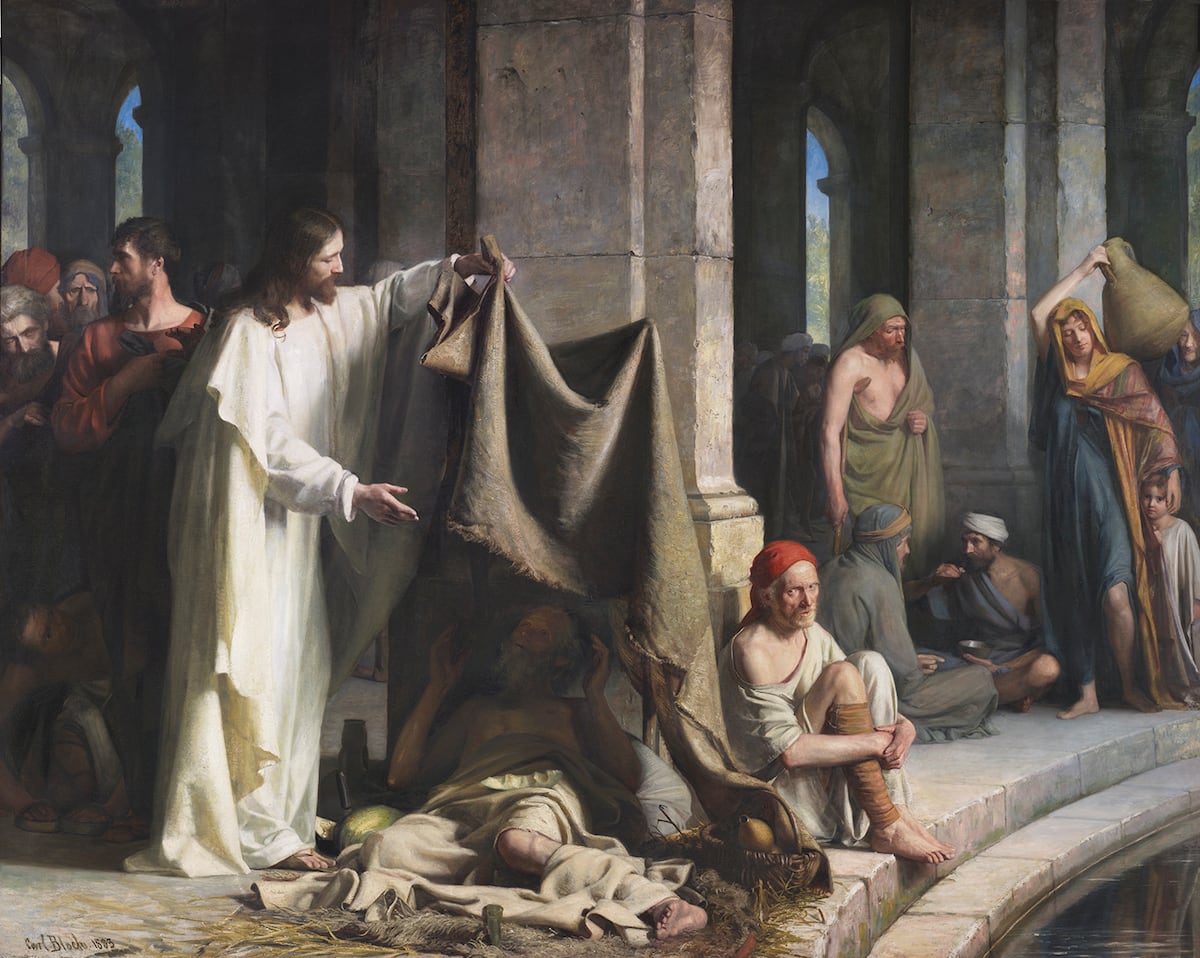It feels ridiculous now, the idea that Gordon Hayward meant a lot to us.
That guy? Really?
But I promise: he did. And this week, as he officially announced his retirement from professional basketball, it’s worth recapping that career, that meaning, and how it all went down the drain.
Maybe you just had to be there ... but I’ll take a shot at describing it for those that weren’t.
The star turn
The first thing to understand about Gordon Hayward’s career was just how long Utah Jazz fans imagined his potential.
You see, the Jazz acquired the pick they would eventually use on Hayward — the No. 9 selection in the 2010 NBA Draft — all the way back in 2004. The Knicks traded away the pick to the Suns (in a deal that sent Stephon Marbury to New York), then the Jazz got the selection a month later in a salary dump trade, taking on Tom Gugliotta’s contract. For six long years, then, Jazz fans salivated over what might come out of a 2010 unprotected Knicks pick.
What they got was Hayward, the most boyish-looking NBA player ever, a literal computer engineering major from the state of Indiana.

At first, this was a disappointment. Jazz star point guard Deron Williams, in total frustration, chucked the ball at Hayward in just the third game of his career after the rookie messed up a play.
Even by the end of his rookie contract, Hayward wasn’t a sure thing; the Jazz demurred on giving him a max contract until their hand was forced by Charlotte’s offer sheet. It was only seven years into his career, in 2017, when he really began to shine. That season was his magnum opus — his production pushed him into the All-Star game, pushed the Jazz into the playoffs for the first time in five seasons, and even pushed them into a series win over the Clippers.
There was real elation then. I’ll always remember the hugs that went around in and around the locker room in L.A.’s Staples Center after that Game 7 win. Jazz broadcasters hugging players, coaches hugging management. Hayward at the center of it all.
It was the start of something bigger — so long as he stayed.
Hayward’s free agency was the single biggest story in the NBA in the summer of 2017. I realize how insane that sounds now, but it’s true. Hayward narrowed his list to the Heat, the Celtics, and the Jazz, spending one day at each location. He was said to be blown away by the Heat’s presentation, only for it to be slightly usurped by what Boston promised. And the next day, he met with Utah.
Everyone was there. At first, he spoke with then-owners Gail and Greg Miller, president Steve Starks, general manager Dennis Lindsey, head coach Quin Snyder and assistant coach Johnnie Bryant. Then, teammates Rudy Gobert, Joe Ingles, Rodney Hood, and newly-acquired Ricky Rubio walked in the door as a surprise. Gail Miller asked Hayward straight up: “Will you stay with us? You know how important you are to our organization.”
Hayward demurred and flew home.
The downfall
The next day, July 4, was one of the more infamous days in NBA free agency history. As America celebrated Independence Day, reporter Chris Haynes tweeted that Hayward had chosen the Celtics. In the wake of their report, reporters from The Salt Lake Tribune, USA Today, KSL.com, and more all confirmed Hayward’s decision independently, from different sources.
Hayward’s agent Mark Bartlestein insisted all of the reports were wrong, and that Hayward hadn’t yet made up his mind. It was a ludicrous assertion, laid hilariously bare by Hayward’s team releasing a 2,100-word personal statement explaining why he had chosen the Celtics hours later.
The Jazz were furious. Team ownership couldn’t believe Hayward had been so circumspect with Gail Miller after seven years of signing his checks, while the front office and coaches were incandescent that Hayward had left them high and dry on the court. That Hayward hadn’t warned them which way he was leaning, not allowing the team to use his cap space on other big name free agents (the Jazz wanted Kyle Lowry and/or Otto Porter) or to make a sign and trade, was the biggest complaint. The hurt and anger in the eyes and words of Snyder and Lindsey were palpable.
Little did they know.
Just five minutes into his first game as a Celtic, Hayward went up for an alley-oop, and catastrophically shattered his leg bones on the way down. From that point forward, he’d never be quite the same player.
Worse, those who had counted on him moved on. Two new rookies simply changed the calculus: Jayson Tatum in Boston might have been the primary beneficiary of Hayward’s absence, immediately getting 30 minutes per game as Boston’s small forward of the future. In Utah, Donovan Mitchell was immediately so electric that he set rookie records, led the Jazz to another playoff series win, and frankly was so bright a personality that he simply made Hayward look humdrum in comparison.
Hayward did come back, and was a decent enough player, though one who could never stay healthy for even 60 games of an 82 game season.
Perhaps the most surprising free agency move of his career came in 2020, when he simply took the money to go play for a 23-42 Hornets team. He raised their ceiling to 33 wins the next season, 43 wins after that. Good for him.
In February of 2024, the Hornets moved on and traded him to Oklahoma City, who hoped he could be a contributor. For 26 games there, he simply didn’t fit in — Hayward avoided shooting to a nearly comical degree, and fans were pleased when their GM indicated Hayward wouldn’t be back.
The retirement
On Thursday, Hayward announced his retirement.
Thank you


















